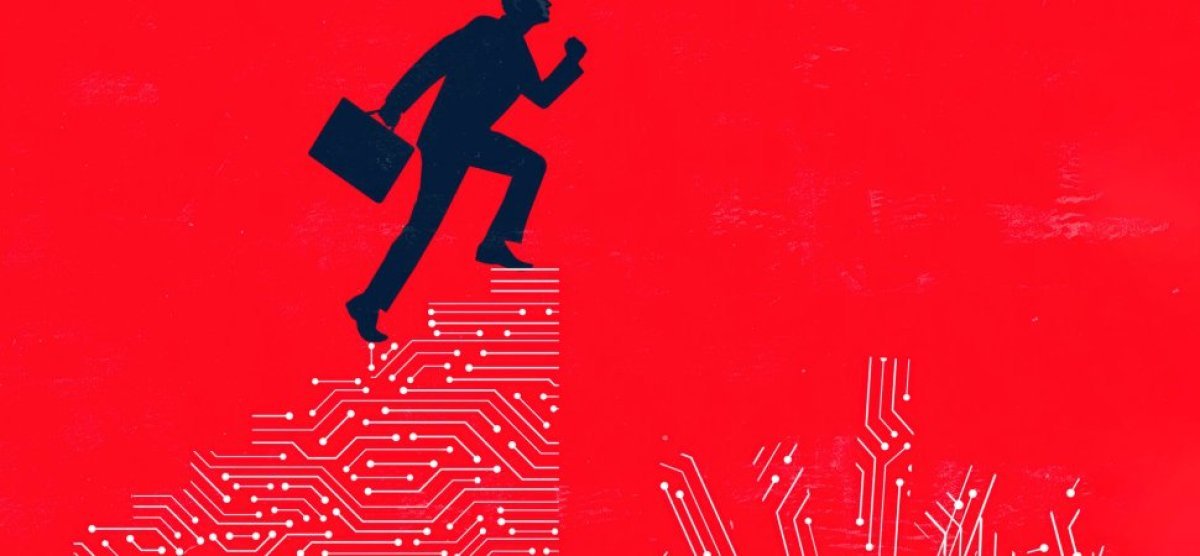The rapid progression of artificial intelligence is a topic of significant interest, particularly as the International Monetary Fund (IMF) recently published a report highlighting the far-reaching implications of widespread AI integration. This report brings to light major concerns regarding the impact of AI on the global job market, suggesting that industries may face considerable disruption due to this technology. In this article, we will delve into the key insights from the IMF report, examining the challenges and opportunities that arise from the increasing influence of AI in the workplace.
The IMF report underscores the profound changes that AI could bring to various industries, raising questions about the future landscape of work. With AI gaining traction across sectors, there is a growing need to understand the potential consequences for employment and economic stability. This shift towards automation and AI-driven processes has the potential to reshape traditional job roles and necessitate new skills to remain competitive in the evolving job market.
One of the primary concerns highlighted in the IMF report is the potential displacement of workers as AI technologies become more prevalent. The automation of routine tasks and the emergence of AI-powered systems could lead to job losses in certain sectors, requiring workers to adapt to new roles or industries. This transformation may create challenges for workers who lack the necessary skills to thrive in an AI-driven environment, emphasizing the importance of upskilling and reskilling initiatives to bridge the gap between current capabilities and future job requirements.
Despite the disruptive nature of AI on the labor market, the IMF report also acknowledges the opportunities that AI presents for economic growth and innovation. By leveraging AI technologies, businesses can enhance productivity, streamline processes, and unlock new possibilities for value creation. The integration of AI into various industries has the potential to drive efficiency, foster creativity, and spur job creation in emerging fields related to AI development and implementation.
To navigate the complexities of the evolving job market in the age of AI, policymakers, businesses, and individuals must collaborate to ensure a smooth transition towards a more AI-inclusive workforce. Initiatives focused on education, training, and workforce development will be crucial in preparing individuals for the changing demands of the digital economy. By embracing AI as a tool for progress and innovation, stakeholders can harness the potential of this technology to drive economic prosperity and create new opportunities for growth.
the IMF report sheds light on the transformative impact of AI on the global labor market, highlighting both the challenges and opportunities that come with widespread AI adoption. As AI continues to redefine the way we work and interact with technology, it is essential for stakeholders to proactively address the implications of AI integration and work towards a future where humans and AI can collaborate effectively to drive sustainable growth and prosperity.


